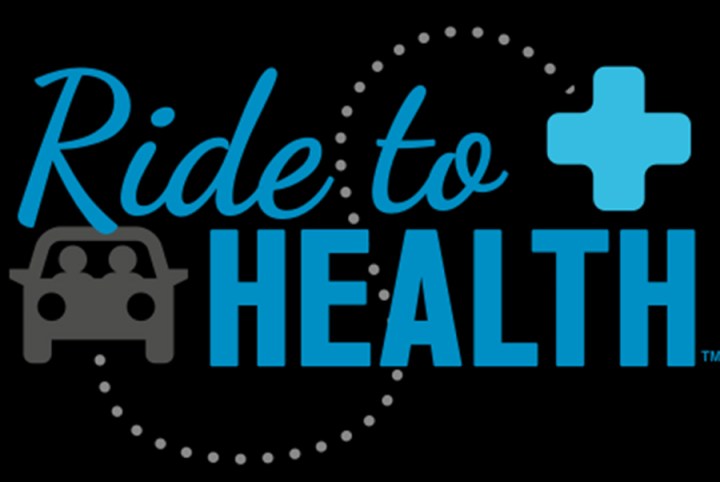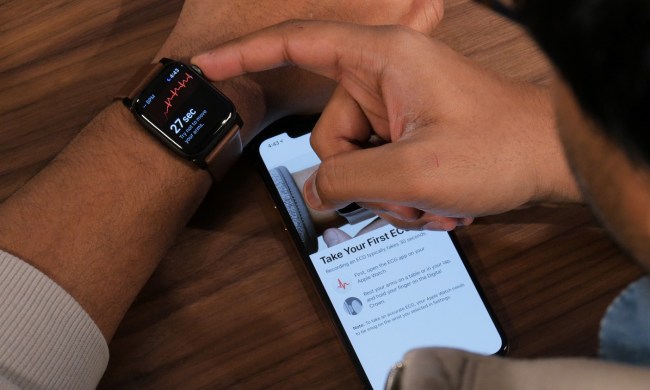
Relatient’s services as a patient relationship and management company include sending appointment reminders, follow-up care coordination, payment balance information, and preventative care prompts. Each of those messages will include an Uber app link. According to Uber’s release, it’s “like reminding a patient with a heart condition to schedule an EKG.”
“Patients who miss medical appointments or have to reschedule at the last minute frequently cite transportation as a factor,” said Uber product partnerships lead Rob Daniel.” We’re very excited about the collaboration with Relatient because it will give people a simple way to plan their appointments and ensure they always have access to a reliable ride when they need one.”
During the Uber ride, patients will receive two messages. The first, while on the way to the appointment, they will be to check in with the health care provider, so any needed paperwork will be set when the patient arrives. On the way home, they’ll get a link to a patient satisfaction survey.
To kick off the new Uber and Relatient relationship, the companies are jointly sponsoring “Ride to Health Week” from August 22-26. During that week, patients who ride Uber to or from an appointment with a provider in the Relatient network will get a discount on the ride.
“Missed appointments lead to risks that could be averted,” said Relatient CEO Sam Johnson, speaking about the need for transportation for health care. “According to the National Commission on Prevention Priorities, 100,000 people die each year because of lack of access to preventative care services, like screenings for hypertension, cholesterol, and certain cancers. There’s no doubt that solving the transportation problem will save lives.”



